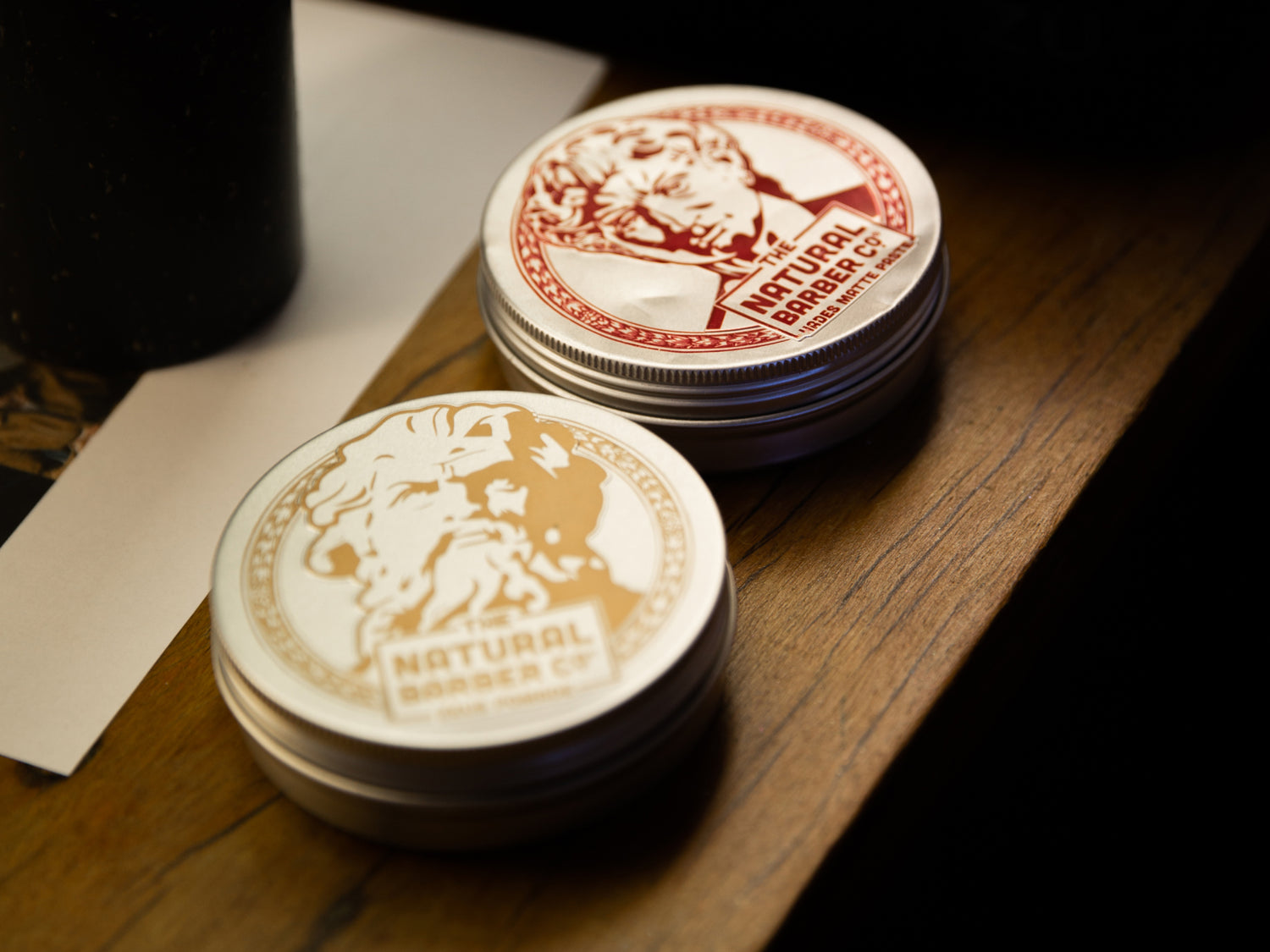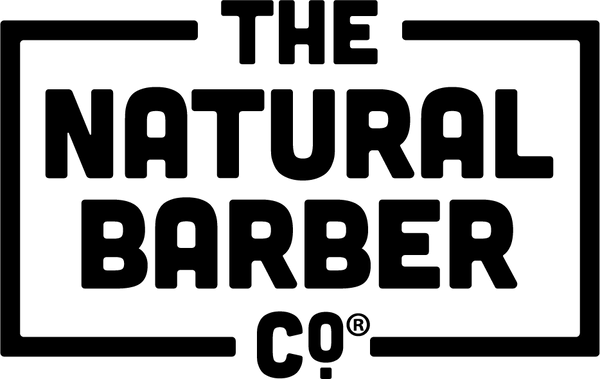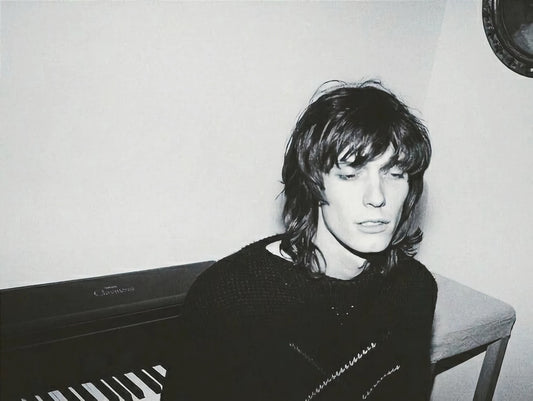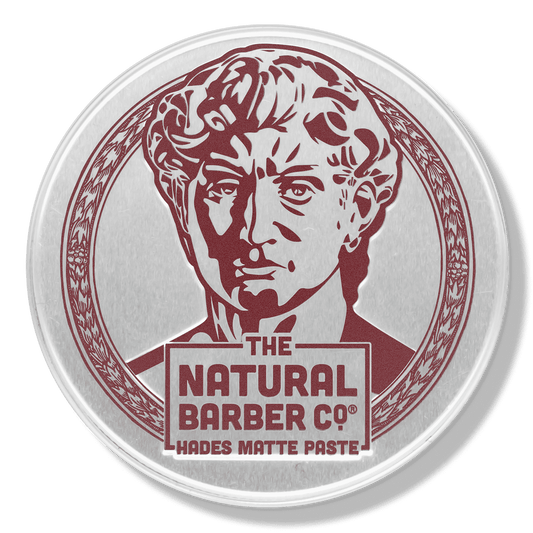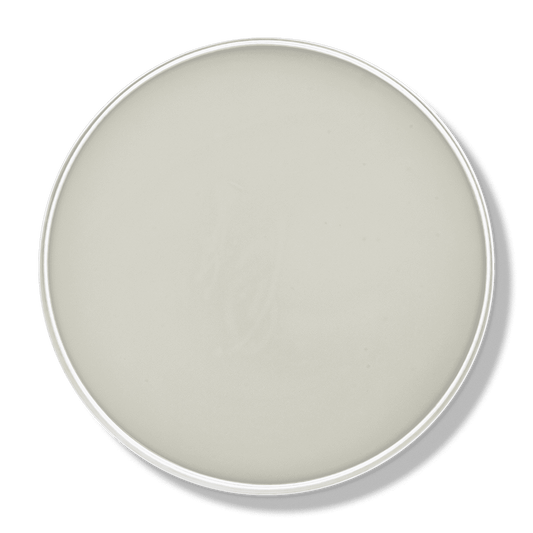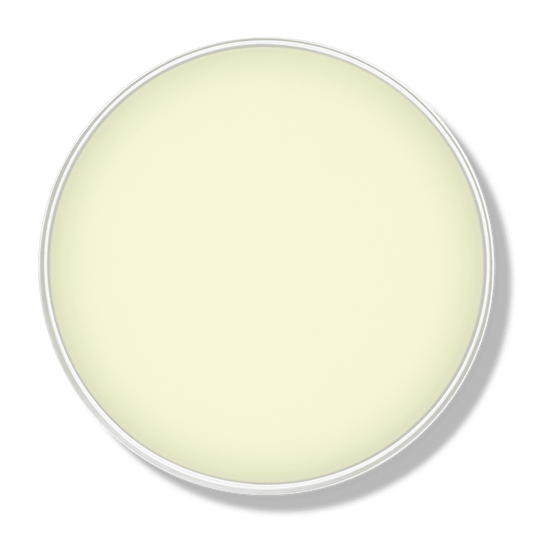A couple of weeks ago I took to my bed. While it makes me sound like a 19th-century lady with a fainting couch, it’s not a particularly new phenomenon for me. At the time - my lost weekend - I had too much going on. A feeling I'm sure we are all too familiar with. My to-do list only ever grew (or so it felt); the farm apprenticeship I am currently on, the newsletter I was writing weekly, the four different books I had started, the TikTok challenge I had set myself, even dating. All of it piled up behind me, like a wave threatening to crash at any second.
And crash it did.
Even before I had long covid, I had finally realised I wasn’t actually as capable of taking on the world as I might have hoped. A kidney infection a few years ago (which knocked me tf out) cemented the fact my body was not infallible. After several weeks in bed I finally got better into the habit of enforced rest. It took me 24 years but finally, rest was made a priority. While the pandemic has come with its own set of complications, the slower pace it first exhibited was refreshing.
But now a year on, as adjustments have been made, we are more trapped than ever in the unending work cycle.
Some of this I feel stems from the polarising work situations. On one hand, we have those furloughed, who have spent months in a state of suspended animation and are now beginning to have to get back into the speed of things, if at all. On the other are those who have worked throughout, turning their homes into offices and further blurring the lines between on time and off time. There are also those, like myself, who were fearful of leaving their jobs at the beginning of the pandemic but have since completely reconsidered and changed their careers. Surviving a pandemic takes energy, retraining takes energy, continued work takes energy, finding a job in the midst of chaos takes energy. But our energy is not unlimited.
In the avoidance of burnout, maintaining a relationship with rest is not a passive thing. You must actively seek out times of recuperation. Sometimes sternly telling yourself “not today”, other times being kind enough to remind yourself that the body is not an inexhaustible resource. Energy runs out. Recharging is non-negotiable.
If you don’t pick a time to rest your body will certainly pick it for you.
Thankfully, last weekend, I chose my rest. Burnout and I locked eyes but I managed to avoid a conversation. The weekend was filled with cooking, reading nothing intellectual and a whole load of Netflix. Towards the end of it, I had a bit of a recalibration. Made a list of all the things I needed to get done and how much they really mattered. I also consulted the Tarot on how best to move forwards, the advice was as helpful as ever: reframe. Within the aspects of my life that were bringing me stress, I would have to find ways to adjust, or not let the associated stress take over.
One of the core stressors was dating. As a single pringle in the middle of the mountains of Colorado, dating seems like a good way to explore the local area and “what it has to offer”. But every tinder message was bringing me more stress. I developed a feast or famine, glued-to or ghosted, kind of response. Something that should be fun felt like a chore, bring into it the lockdown restrictions and sensibilities. Eugh. No thank you. When trying to reframe I asked myself what I actually wanted from dating. A partner? A tour guide? A free meal? Why was I giving energy to something I felt I should be doing. Was it even something I wanted to be doing? I’m still pondering this one but the answer seems to be yes, I like meeting people and getting to know places through their eyes. But the moment it stops being fun that app is getting deleted (for the 500th time).
Another aspect to consider was the unavoidable; my apprenticeship. I had quit my job pretty rapidly before even securing a backup and this bolt-from-the-blue opportunity was perfect. Reason enough to move continents in the middle of a pandemic. I am supremely grateful for this opportunity, to learn about seeds, vegetable growing, soil health, non-profits, plant breeding and all this in the midst of beautiful mountains. Rightfully so I have been working hard at this, but I still needed to reassess. Since this apprenticeship is my priority, how would I make sure I was prepared to give it my all? How could I make it easier on myself? Could I sleep earlier? Make sure I eating enough? What side projects could I pare down or stop to make sure I was not overloaded? One vital part of this was to remind myself that I was doing exactly what I set out to do when I took a leap and quit my job. How could I bring the sheer joy of finding something so suited to my soul, without using said joy a quick kindling and flaming out too soon?
Passion alone cannot power you. Sustained work needs sustained support.
A key element of what had been making my weekends so stressful was the writing of my newsletter, Scrap Kitchen. Into it I poured all my enthusiasm about experiments in planting, food waste reduction, anti-capitalism, pickling, pagan traditions and social justice. Started a couple of months back during an uncharacteristic swell of motivation, it too had begun to feel like a chore. Not just because I would leave it until the last minute but because I felt I was writing just for the sake of writing. The week before I crashed out I had even written an ominously titled, if a little prophetic, Burdock & Burnouts update. All the signs said it was coming and thankfully it was narrowly avoided. I had to ask myself if the newsletter was worth it? Why was I doing it? How could I adapt to not make it feel so herculean? The answer was simple. Yes, it is worth it, but not every week. Sharing information about what is edible, how to grow and cook things on the cheap and getting the conversation going is what matters to me. All of this gives me energy if done right. To accommodate rest, I made myself write it in stages (30-minute sprints over 3 days), reduced the scheduling and tried to plan ahead a little.
In stepping back I got to see where I wanted it to go, and ways to get there.
But what, you may ask, have I given up? What has fallen by the wayside of my readjusted priorities? Honestly, a lot of things. My one TikTok a day self-challenge died the death pretty early. I turned down working with the wonderful Louder than the Storm, not only because of the timezones but to not overload myself. Of the four books I started, I am mostly picking one and not setting a deadline on reading it. I have also tried (somewhat unsuccessfully so far) to set myself a bedtime, a concrete lights-out phone-on-charge kind of bedtime. With tinder I stepped back, if I check it once a week that's more than enough, if I manage to get some dates from that, even better. It’s about connections, not checking off a task. Cooking wise I’ve started making bigger batches of meals so quick leftovers can save an hour or so some evenings. Also, I read my emails for less than ten minutes a day, but it sure helps that I’m not getting many.
All of these are the final product though, the end-stage. What is getting me to a place where I feel I am better insulated from burnout is a change in mindset. With International Worker's Day just having passed, it’s important to remember that our jobs don’t own our hours. This is a privilege to say, of course, but even within businesses you run yourself, or on the 16-hour shifts I used to be working, it is still true. Late-stage capitalism’s greatest trick is making us believe work is our defining feature, our essence. We are more than the grind and the hours we put into making money for someone else. You are made up of the community you are a part of, the kindness you show, the quiet hours when you are doing “nothing”, you are the jokes you tell, the joy you bring. And even when you are none of these things you are still worthy of rest, of food and of safety. Being a part of a system that does not recognise this is exhausting. In reclaiming your right to rest, you are beginning your own revolution. Remember what matters and put that first.
About the author

Magda is a poet, witch and scrap-gardener. She is currently in Colorado learning how to become a seed farmer, while publishing a weekly newsletter about simple climate action/food waste (Scrap Kitchen). Website: xandua.substack.com Instagram: @xan6ua
In collaboration with Refresh Magazine
We asked writers, artists, musicians and creatives to explore BURNOUT, the 21st century phenomenon that deteriorates our mental, spiritual, emotional and physical wellbeing. Often, we are the last to know when this is happening to us. Together, we’re tackling the diverse and intersectional root causes of burnout.
Why is burnout the new norm? What is the impact of striving for 24/7 self-optimisation? Where does the omnipresent pressure to succeed come from? How does living a life online create unrealistic expectations of ourselves?
Burnout isn’t simply exhaustion. It’s being thoroughly depleted but unable to find rest, addicted to the hamster wheel that leads to chronic physical and mental collapse.
It’s unnatural and unsustainable.
We believe that we don’t have to be constantly ‘on’, striving for perfection and ‘success’ 24/7, as life passes us by.
We want to celebrate our natural selves and rebel against 24/7 self-optimisation.
Venture on.
